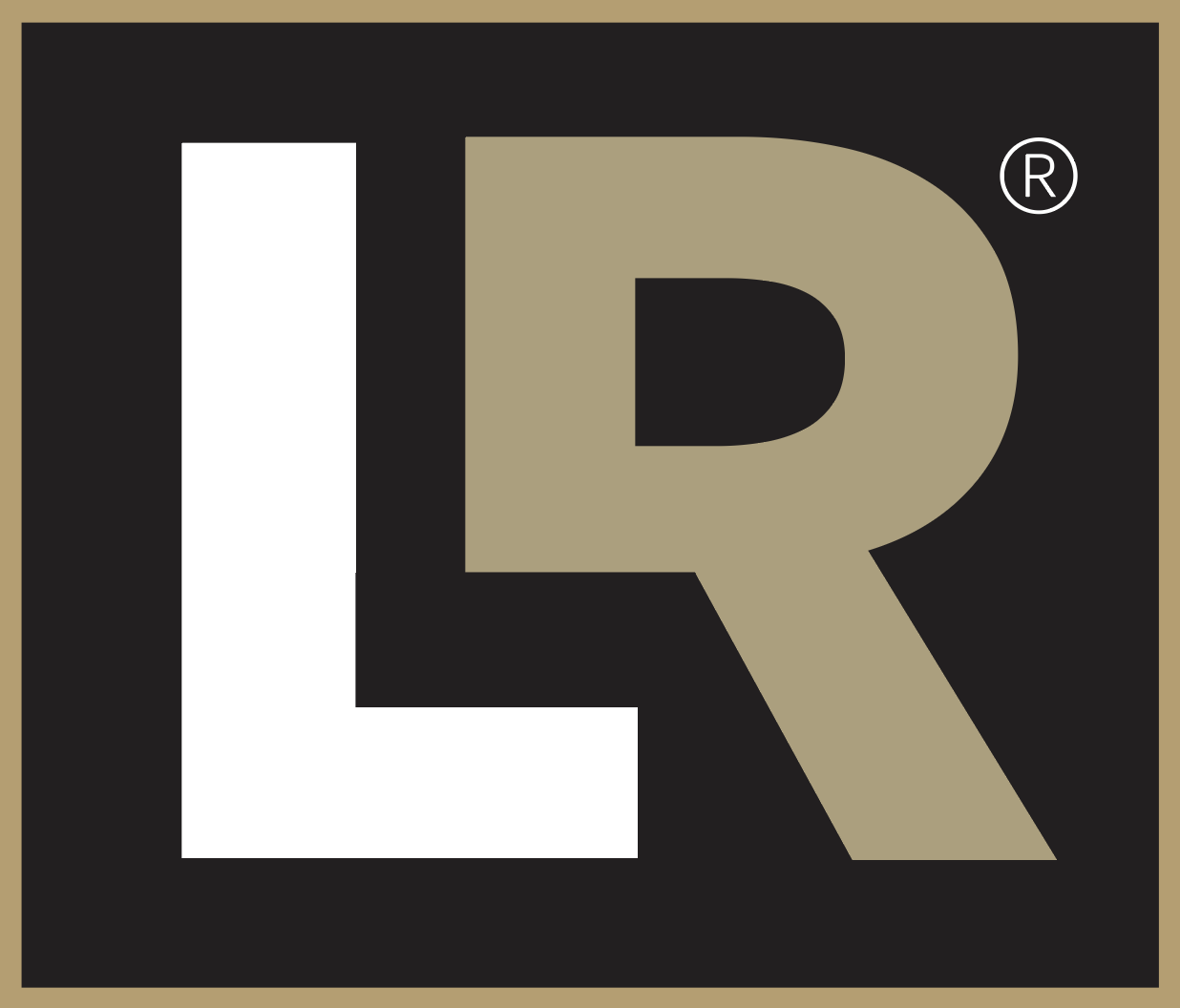How Common is Healthcare Fraud?

How Common is Healthcare Fraud?
Health insurance fraud is an example of healthcare fraud wherein an individual or insurance company defrauds an insurer or Medicare or state healthcare program. Medical fraud and drug fraud are also considered healthcare fraud, which represents billions of dollars of wasted money. While many people are suffering from various medical conditions, individuals and companies take advantage and leech money using healthcare services. The integrity in the healthcare system is ruined by the impacting results of healthcare fraud. But, how common is healthcare fraud? In this post, you'll learn more about healthcare fraud and its current occurrence, status, and impacts. What Statistics Show: Problem Areas at Risk for Healthcare Fraud In a study conducted by PKF Littlejohn LLP, along with the University of Portsmouth, the authors show the average percentage lost in the healthcare system increased from 5.59 percent in 2007 to 6.19 percent in 2013. This data equates to $7.35 trillion of the total global healthcare expenditure, which is an enormous amount diverted from the supposed provision of quality patient care. Here are the most common fraud areas in the healthcare system:
Contractors: Error, corruption, and fraud related to long-term care or home- and community-based healthcare services, including foster and child care and insurance fraud
Medical Professionals: Some examples include prescription fraud committed by pharmacists and error and fraud concerning payments for consultations, facility services, and medical tests.
Patients: Some examples of healthcare fraud involving patients include fraudulent acquisitions and provision of medical certificates, evasion of medical charges, and prescription fraud.
In 2018, there was a new program implemented by Medicare, in which Medicare participants obtain new ID cards with a Medicare Number included, instead of a Social Security number. This program aimed to help prevent fraud related to identity theft.
External and internal auditors work together to monitor fraudulent activities.
Develop healthcare programs or policies bound with strict security features to avoid corruption.
 Shallow focus photography of prescription bottle with capsules; image by Sharon McCutcheon, via Unsplash.com.
Shallow focus photography of prescription bottle with capsules; image by Sharon McCutcheon, via Unsplash.com.
Healthcare claims were falsely listed as “rural area” claims but actually came from “urban areas.”
Increased healthcare claims from institutional providers that aren't qualified.
Claims from illegally made or tampered prescriptions are being approved.
Consult a medical fraud lawyer to know your legal options.
Ask your lawyer how the government can protect you and your family with a shocking revelation you'll honestly tell in court.
Don't talk to anyone until you have spoken to a trusted medical fraud attorney.

About Jeffrey Tusca
Jeffrey Tusca is a lawyer who specializes in Medicare fraud. With over twenty years of experience in the industry, Jeffrey has won countless cases on Medicare advantage risk adjustment fraud and different hospital fraud. Jeffrey shares his knowledge of Medicare fraud by contributing articles to different websites.
